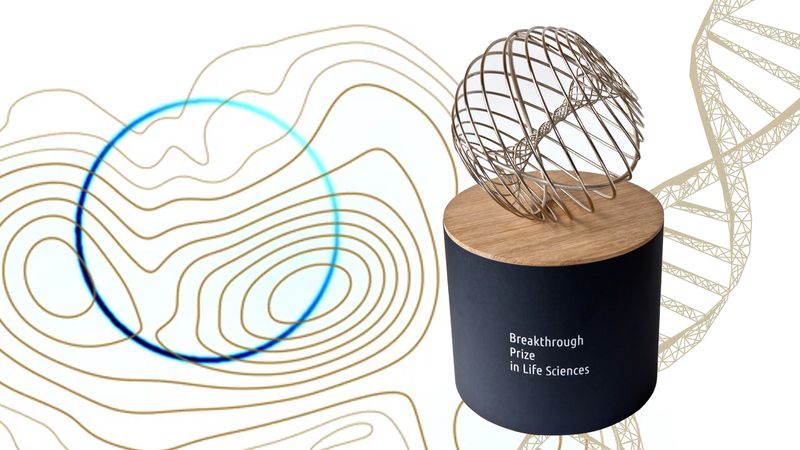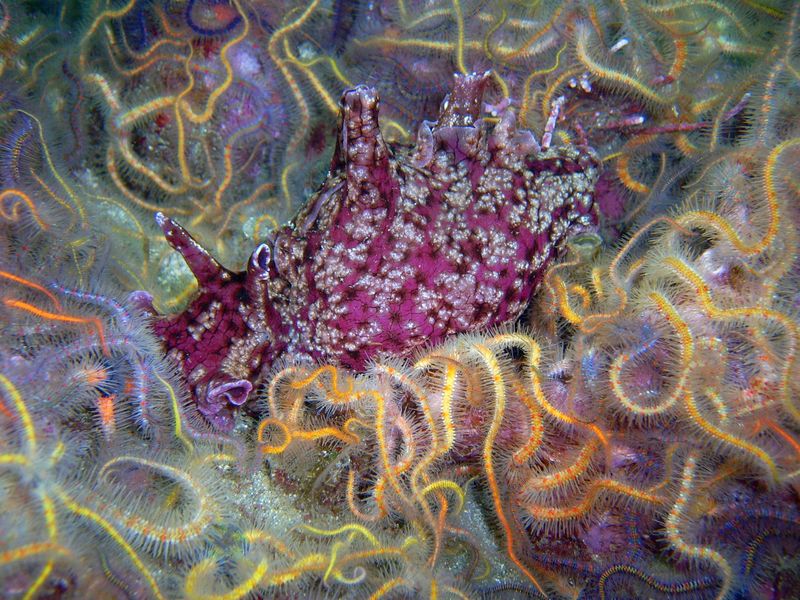The brain’s weight switch may have been discovered in a new study that enabled obese mice to lose weight without changing their diet. If the same effects are seen in humans, it could give rise to a new therapy that enables people to regulate their weight without experiencing the hunger pangs and dietary restrictions associated with traditional weight-loss diets.
How our body processes food and generates energy centers around a part of the brain known as the lateral hypothalamic area (LHA), which we know sends signals to our body’s fat stores – more scientifically known as adipose tissues. Exactly how this conversation plays out has been unclear, but a new study aimed to find out by experimenting on mice.
They discovered that mice who were obese through diet exhibited a slowing in GABRA5-positive neurons in the LHA (that comes with the magic-trick shorthand, GABRA5LHA). These cells play a role in regulating the amount of fat we carry, so it figures that a slowing in their activity would lead to mice piling on the pounds.
The researchers then looked at what would happen if they used chemogenetic inhibition to further halt the activity of GABRA5 neurons using chemicals. In doing so, they observed further weight gain as adipose tissue in the mice began using less energy.
This inspired them to look for a way of inducing the reverse effect by activating GABRA5 neurons to act like a switch for body fat regulation. The LHA was again implicated here, as it contains another kind of brain cell called astrocytes that can act on GABRA5 neurons. This is because they can express an enzyme that releases gamma-aminobutyric acid (GABA), which inhibits GABRA5 – which, as we have already established, increases body fat accumulation.
The key, it seemed, was stopping the enzyme produced by astrocytes that inhibits GABRA5, and that pesky enzyme is called monoamine oxidase B (MAO-B). As luck would have it, the biotech company Neurobiogen began working on such a drug in 2019: a selective and reversible MAO-B inhibitor known as KDS2010.
The drug is currently undergoing Phase 1 clinical trials, and was given to obese mice in this study to observe how it affected their weight. The results showed the mice could lose weight without reducing their food intake or cutting out fats.
“In summary, we identify GABRA5LHA as distinct GABAergic projecting and pacemaker-firing neurons that facilitate [energy expenditure] and suppress fat accumulation in [adipose tissues],” concluded the authors. “Our findings establish the GABRA5LHA as key players involved in the astrocyte-neuron interaction mediated by GABA in the hypothalamus of [an obese] mouse model. Our study raises promising molecular targets to combat obesity without compromising appetite.”
The study is published in the journal Nature Metabolism.




